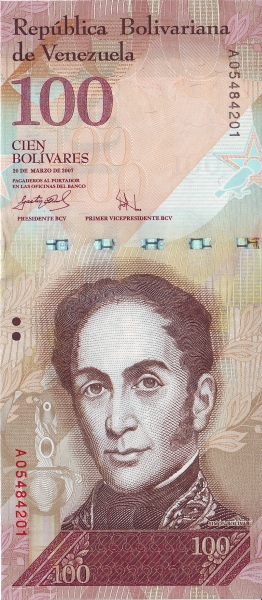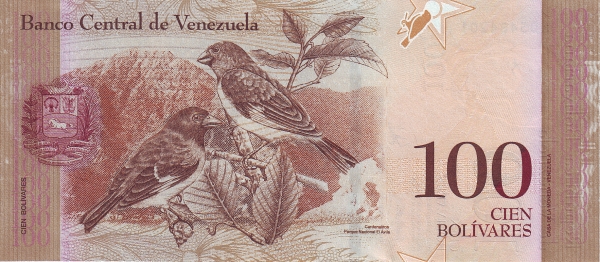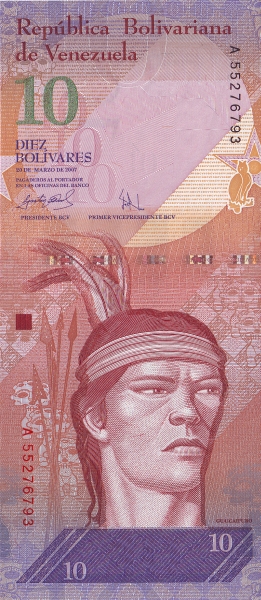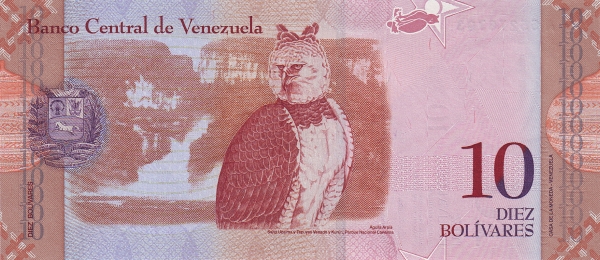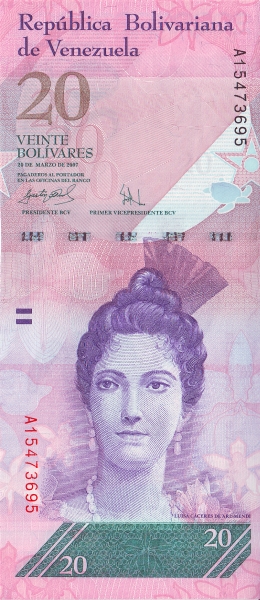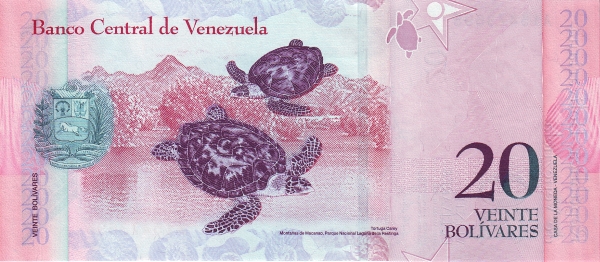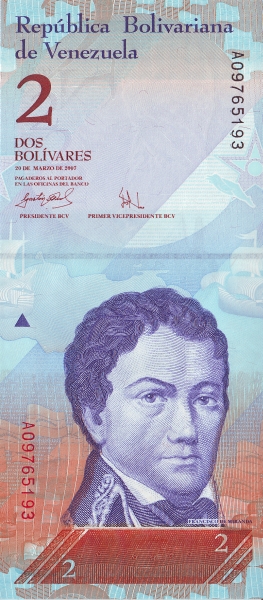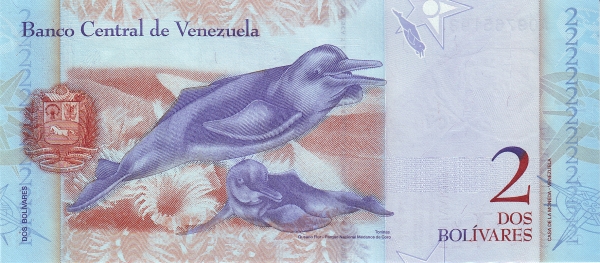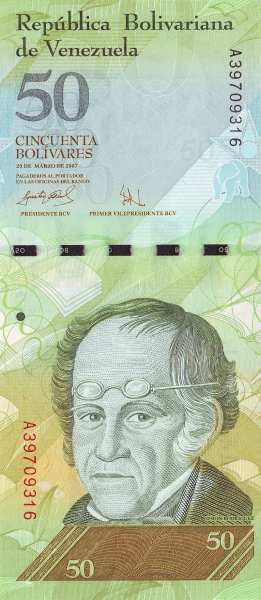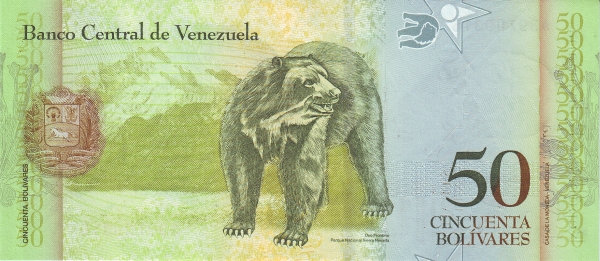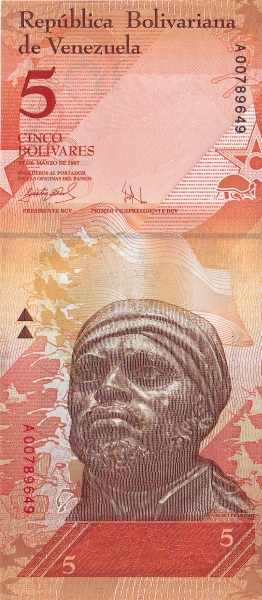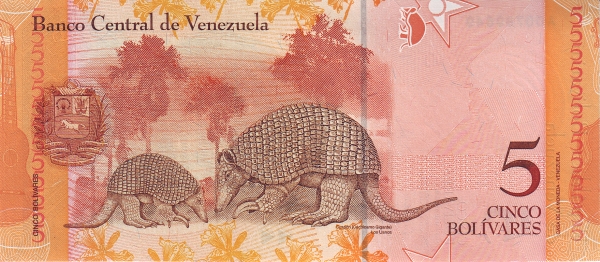Discovering Venezuela: A Land of Riches and Challenges
Venezuela, officially known as the Bolivarian Republic of Venezuela, is a captivating nation located in the northern part of South America. This vibrant country, beautifully bordered by the Caribbean Sea to the north and the North Atlantic Ocean to the east, shares land borders with Colombia to the west and southwest, Brazil to the south, and Guyana to the east. Moreover, Venezuela boasts overlapping maritime borders with various island nations, including Barbados, Dominica, and Trinidad and Tobago. The cultural and geographical tapestry of Venezuela makes it a fascinating subject of exploration and discussion.
Geographical Wonders of Venezuela
The vast area of Venezuela spans approximately 912,000 square kilometers. Interestingly, this makes it slightly more than 2.5 times the size of Germany and a bit more than twice the size of California, USA. Such expansiveness means that Venezuela holds a variety of landscapes, from the majestic Andes Mountains in the northwest to the extensive plains and the Guiana Highlands in the southeast. Moreover, the country's climate ranges from tropical near the coasts to temperate in the elevated regions, creating a diverse environment that supports a plethora of plant and animal life.
Demographics and Culture
As of 2024, Venezuela's population reaches around 34 million residents. Among these, approximately 6 million people live in the bustling capital and largest city, Caracas. Fascinatingly, this coastal metropolis teems with life, while the majority of the population concentrates along the Caribbean shoreline. Strikingly, a mere 5% of Venezuelans inhabit the regions south of the Orinoco River. The official language of Venezuela is Spanish, which unites the country’s diverse communities. Furthermore, Christianity plays a significant role in the culture, with about 80% of the population identifying as Christian, predominantly Roman Catholic and Protestant.
A Glimpse into Venezuela's History
Venezuela's historical background is both rich and complex. The nation emerged from the dissolution of Gran Colombia in 1830, alongside Colombia and Ecuador. Throughout much of the 20th century, military rulers, often with benevolent intentions, oversaw the country. These leaders promoted the flourishing oil industry and initiated several social reforms. However, since the advent of democratic governance in 1959, the nation has faced various challenges. Following Hugo Chávez's presidency from 1999 to 2013, his successor, Nicolás Maduro, has increasingly centralized power. Consequently, concerns regarding authoritarianism have escalated, undermining the democratic institutions of Venezuela.
Contemporary Issues in Venezuela
Currently, Venezuelans face numerous challenges, including rampant crime, soaring inflation, and widespread shortages of essential goods. Moreover, the nation's heavy reliance on the petroleum industry exposes it to vulnerability due to price fluctuations. The irresponsible exploitation of natural resources poses risks not only to the environment but also to the indigenous communities who inhabit these regions. Reports indicate that mining operations, particularly, threaten the lush rainforests and contribute to environmental degradation.
Cultural Tapestry and Ethnic Diversity
Venezuela's cultural tapestry is a blend of various ethnic groups, reflecting its rich history of colonization and migration. Approximately 46% of its population boasts European ancestry, primarily Spanish, Italian, and Portuguese origins. Besides this, a fascinating mix of Arab, German, African, and Indigenous influences shapes the Venezuelan identity. Such diversity manifests in the country’s festivals, music, cuisine, and art forms. Therefore, the people of Venezuela celebrate a rich array of traditions that enrich the cultural landscape.
The Economy of Venezuela
The Venezuelan economy heavily relies on its abundant natural resources, particularly petroleum. The country possesses one of the largest oil reserves globally, which has historically been the backbone of its economy. Other valuable resources include natural gas, iron ore, gold, and bauxite. Interestingly, despite an abundance of agricultural products like corn, bananas, and coffee, Venezuela struggles with food security due to economic instability and political issues. In recent years, industries such as mining, construction, and food processing have also played significant roles in the economic framework of Venezuela.
Trade Dynamics and Global Relations
In terms of trade, Venezuela primarily exports petroleum and petroleum products, making up a substantial portion of its economy. Around 16% of its exports go to China, followed closely by Turkey and Spain. Conversely, the country imports agricultural products and machinery, with a significant share coming from China and the United States. This reliance on foreign imports illustrates the complex interdependencies within Venezuela's economy, which are largely shaped by its political landscape and economic policies.
Education and Literacy in Venezuela
Venezuela boasts a relatively high literacy rate of 97%, a testament to its emphasis on education over the years. The educational system, however, faces challenges amidst the ongoing political and economic crises. Adapting to changing circumstances, the country continues to strive for educational excellence, aiming to equip its youth with the knowledge and skills necessary to navigate the complexities of the modern world.
A Bright Future for Venezuela?
Despite the formidable challenges that Venezuela currently faces, a glimmer of hope persists. The resilience and tenacity of the Venezuelan people have shone through adversity. With potential for economic diversification and restoration of democratic governance, there lies an opportunity for a brighter future. As Venezuela begins to address its issues and capitalize on its rich cultural and natural resources, the journey toward recovery and prosperity remains a vital topic of discussion and hope for both its citizens and the global community.
Largest cities of: Venezuela
| City Name | Population | Year of foundation | |
| Caracas | 1,968,000 | 1567 | |
| Maracaibo | 1,500,000 | 1574 | |
| Valencia | 1,300,000 | 1555 | |
| Barquisimeto | 900,000 | 1552 | |
| Ciudad Guayana | 800,000 | 1961 | |
| Puerto La Cruz | 500,000 | 1528 | |
| Maturín | 400,000 | 1760 | |
| San Cristóbal | 350,000 | 1561 |
Venezuela: Money
